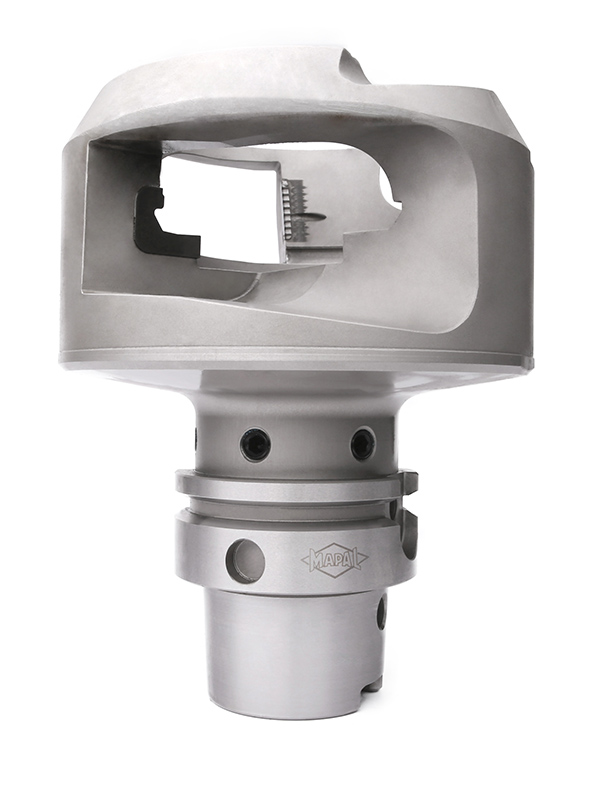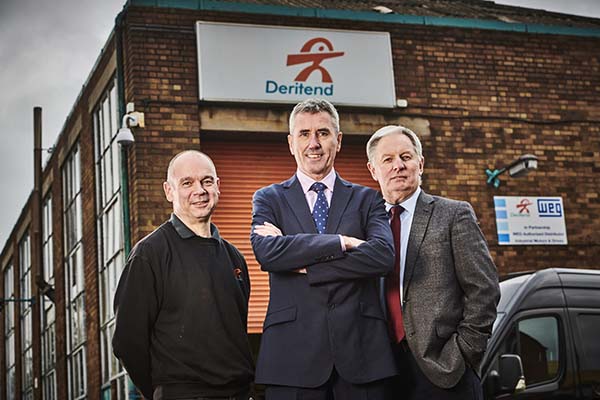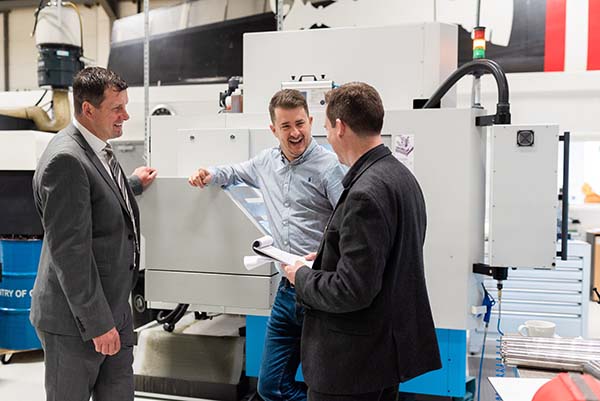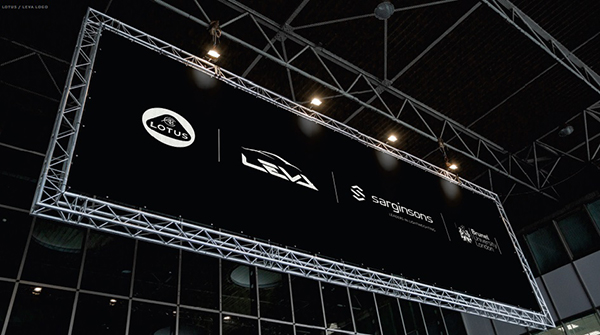In general terms, if the weight of PCD cutting tools is reduced, then significantly higher cutting data can be achieved. To realise the benefits of lightweight cutting tools, Mapal is now utilising additive manufacturing processes.

An example of how Mapal uses the advantages of 3D printing is realised in the company’s new bell tools with brazed PCD inserts, which are frequently used in the hydraulic and automotive sectors. The company has optimised the existing, conventionally manufactured bell tool by integrating selective laser melting (SLM) into its manufacturing processes. This move allows the inside of the cutting tool to be modified. So, instead of utilising tools with a heavy solid-material design, the new tools have been specially designed with a honeycomb structure. As a consequence, the tools are at least 30% lighter, while tool life is increased by upwards of 40% credit to the enhanced vibration damping characteristics of additively manufactured designs.
Customers using Mapal’s additively manufactured tools are said to be witnessing productivity improvements in the region of 50%. Additionally, Mapal experts are using the 3D-printing technology to optimise cooling channels, ensuring that cutting fluid is delivered to the work zone via the most efficient route.
The new bell tool is a hybrid design that can be specified by end users to meet their exact machining requirements. Using SLM, the new tool geometry is printed on a precision tool body with an HSK-63 connection. The additively manufactured tool body is subsequently machined to provide the platform for the PCD inserts to be brazed into place and then cut to shape using a laser.
For further information www.mapal.com























